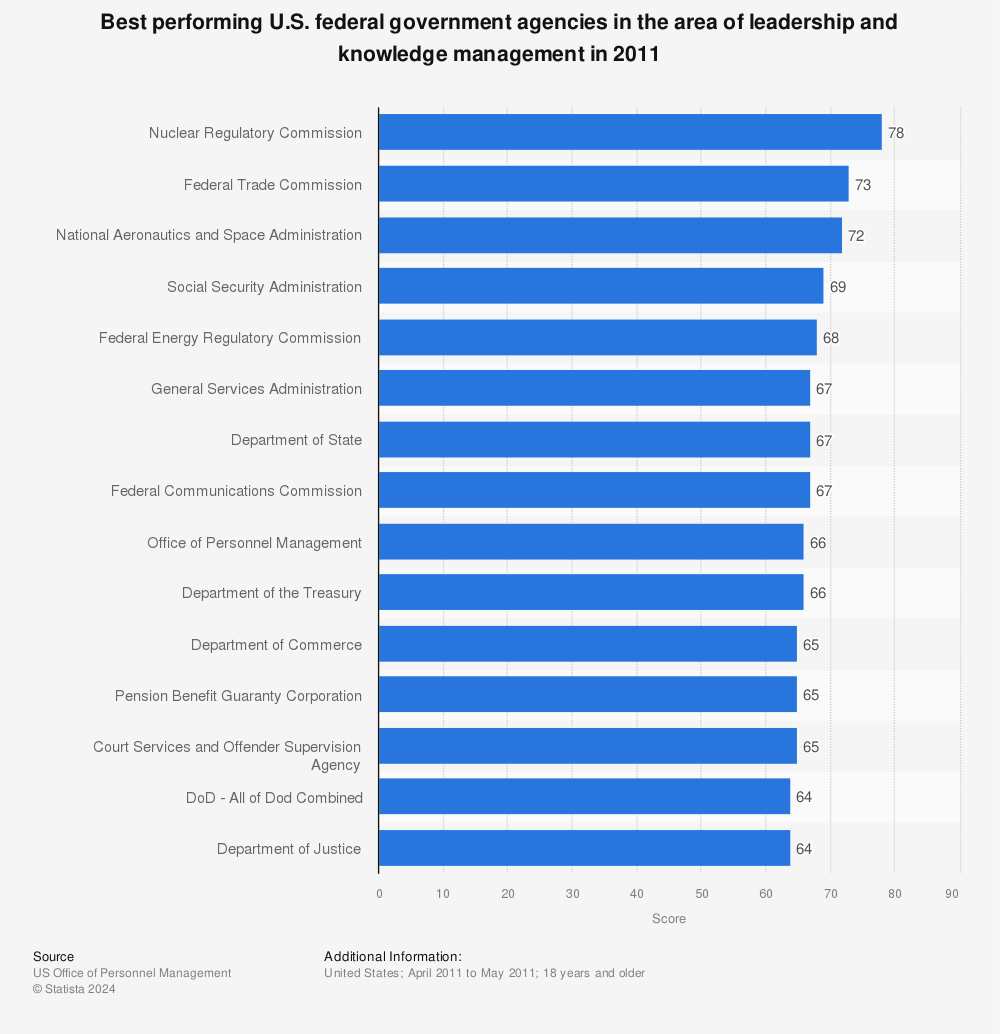The global knowledge management market is expected to see significant growth over the span of the next few years. The application of knowledge management systems throughout various industries in countries across the globe will fuel the growth of this market. As industries continue to grow, so will their need for knowledge management.
Knowledge management refers to how organizations capture, evaluate, organize, retrieve and distribute their knowledge or information. It involves documents, databases, procedures, policies and even the experience and expertise of workers within an organization. As organizations advance, so does their need for knowledge management. Given the fact that businesses are ever-advancing, there is a constant demand for better and more cutting edge knowledge management.
Why Better Knowledge Management is Necessary
Within the next few decades, most of the population of the earth will have access to the internet. That’s about 8 billion people. During that time, the amount of educated individuals, knowledge and information will drastically increase. Currently, establishments that employ more than 1,000 knowledge workers are spending an unnecessary $5 million annually as a result of inefficient and unproductive searching. In the coming years, petabytes of data will either be overlooked or not used to their fullest potential as a result of ineffective knowledge management systems. This will have a dramatic impact on the overall success of these organizations.
Timely and relevant knowledge and individuals are the staples of any organization. As such, new and improved knowledge management systems are vital.

Find more statistics at Statista
Trends in the Knowledge Management Market
Advancements in software development and adoption of cloud services are proving to be very valuable for organizations in terms of knowledge management. As such, enterprises are looking into new ways that they can adapt their approach to managing their information and knowledge, and distributing their intelligence to meet the needs of users. They are looking outside of the box, so to speak, so that they aren’t limited by the previous limitations that were associated with technology.
Distributing the right intelligence, no matter where it originates from – either internally or externally – has become a top priority for the biggest and most successful companies. For this first time ever, involves properly linking four specific areas that used to be isolated. These four areas include:
- Internal documentation
- External knowledge
- Collaboration
- CRM
The benefits of linking these four elements together are obvious: they save time, and they also allow for much better efficiency in terms of identifying new leads in business, as well as finding more proactive engagement amongst clients. Moreover, linking these elements together also helps to generate an improved usage return.
In order to ensure knowledge management is being employed as effectively as possible, large organizations have begun utilizing a variety of trends.
- Social media. It’s no secret that social media has changed the way that people attain information. Social sites are used to share information, to promote businesses, and to connect with larger audiences. Social media platforms are extremely effective marketing and communication tools. They’re also very easy to use. Organizations are blending knowledge management with social media in order to improve communication between staff and consumers, to increase engagement, and to create a friendlier environment.
- Mobile Technology. Smartphones, tablets and other forms of mobile technology have become the primary methods that people use to access to the internet, for both professional and personal reasons. Not only are mobile devices easier to access and portable, but they also save a great deal of time and money. As a result, mobile technology and knowledge management will go hand-in-hand. Mobile technology allows staff members to easily access the knowledge management system of their organization wherever and whenever they want to.
- Visuals are in, lists are out. Initially, knowledge management software incorporated long lists of information, detailed file names and iffy functionality. Graphics and icons were practically non-existent. Users had to scan through long files of text in order to find the documents that they were looking for. Fast forward to today and knowledge management software no incorporates visual elements. Images and icons are now used to improve navigation. In the future, text-based lists will all be virtually replaced by images.
- Increased user management. The staff members of organizations are seeking to contribute more to their companies by sharing their ideas and insights. Knowledge management is moving from control to cultivation in order to allow team members to share their knowledge and information in an organic manner. In order to encourage more engagement, knowledge management software permissions have become much more flexible and inclusive, and they will continue to be even more flexible and inclusive in the future.
- Content creation and knowledge management are closely connected. Content, including articles and blogs, are vital tools for marketing. Businesses generate new content on a regular basis in order to keep up with the increasing demands for more information. The latest knowledge management software now makes it possible to tag, share and organize content the moment that it is created. This helps to eliminate any confusion and makes knowledge management a much more interactive process.
- Friendlier User Interfaces. The user interface refers to the point of contact between an organization’s staff and knowledge management software. The user interface is what a staff sees on their screens when they log into the software, and the way it is laid out has a direct impact on how users can navigate and interact with the system. More thoughtfully designed user interfaces will make it possible to use the system more efficiently.
- Collaboration between enterprises will become vital. Collaboration between organizations is an important part of business; however, connecting with team members can be difficult. Knowledge management systems will become even more collaborative, which will make it possible for people to work together and communicate with one another more effectively.
Knowledge management systems are a vital part of any successful organization. Advancements to these systems will greatly improve the way that businesses do business.
